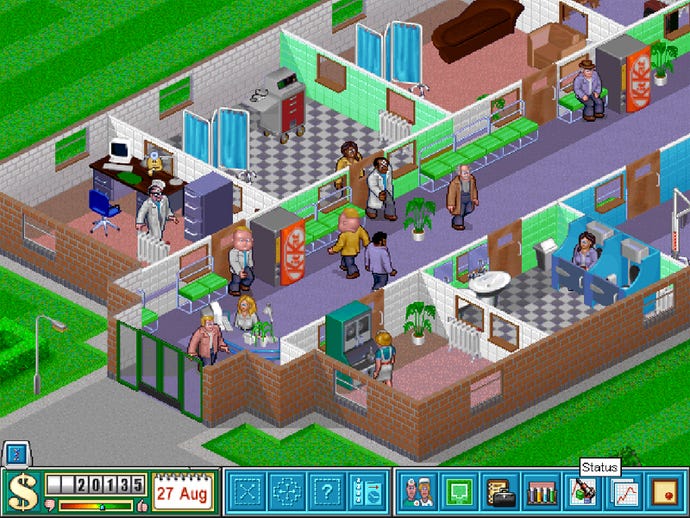USgamer Community Question: What is Your Comfort Game?
This week, we're asking you about your favorite comfort games - titles you keep going back to time and time again, because there's something about them you deeply enjoy.
This article first appeared on USgamer, a partner publication of VG247. Some content, such as this article, has been migrated to VG247 for posterity after USgamer's closure - but it has not been edited or further vetted by the VG247 team.
For the last few months, we've been talking on and off about our favorite "comfort" games. You know - games that you return to time and time again because there's just something about them that you love on a fundamental level.
Well, now it's your turn. This week, we've listed some of our favorite comfort games, and linked to standalone features where we talk about them in-depth. But what about you? Do you have a game or games that you return to time and time again? A game that helps cheer you up, or take you away from your troubles temporarily? Maybe it's a game that you simply play while watching TV - something for your mind to chew on
If you do, we'd love to hear what it is - and why it's your comfort game.
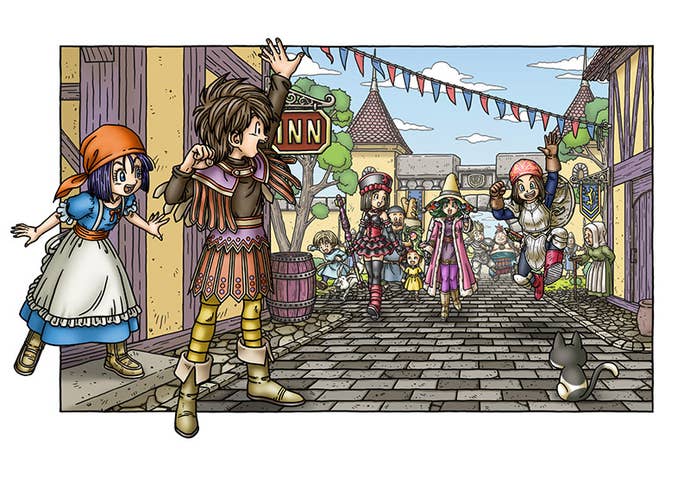
Jeremy Parish, Editor-in-Chief
The recent denouement for Nintendo's DS and Wii Wi-Fi Connection got me thinking about my favorite DS game experiences. Such a great system - and of the hundreds of games I played while covering its long and noble life, none grabbed me quite the way Dragon Quest IX did.
I don't know exactly what it was about DQIX that got under my skin, but I can go back to that game any time. I don't often, because a "quick fix" typically turns into a week or two of me neglecting my other gaming obligations - bad for business, when your business involves staying on top of new releases.
I've probably poured about 200 hours into DQIX since the game launched in Japan back in 2009, and I even bought a second copy of the game so that I could play through the story again without having to delete my extensive save file.
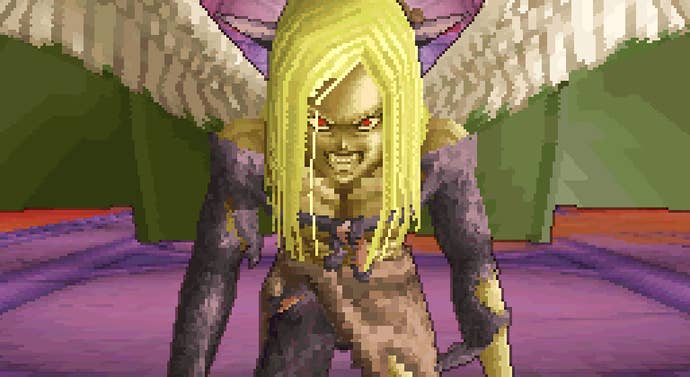
It's strange to think of myself as such a Dragon Quest addict, because a decade ago I had zero interest in the franchise. I looked down my nose at it, sneering at it for being such a relic. Maybe that's just part of getting old; the things you once saw as tragically unhip suddenly become precious to you.
Maybe DQIX just showed up at the right time to hit me right in the elderliness, seducing me with its wonderfully dated graphics and methodical old-school play mechanics. It was a massive handheld RPG that landed at a time when I'd been forced to accept how little room I have in my life to sit down with a lengthy console game, making its portability a boon for my fragmented schedule.
The rest of the article continues here...
Additional favorite comfort games:
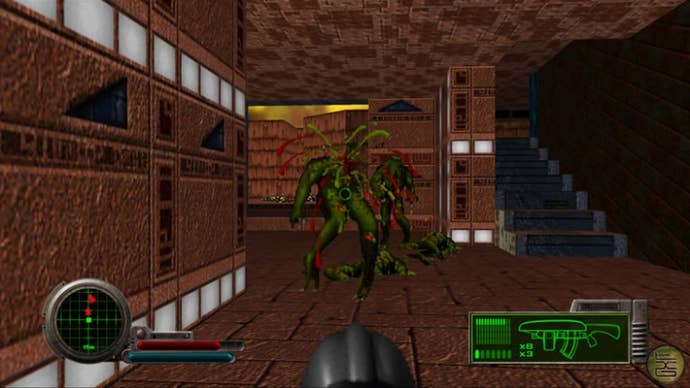
Mega Man 2
Marathon 2
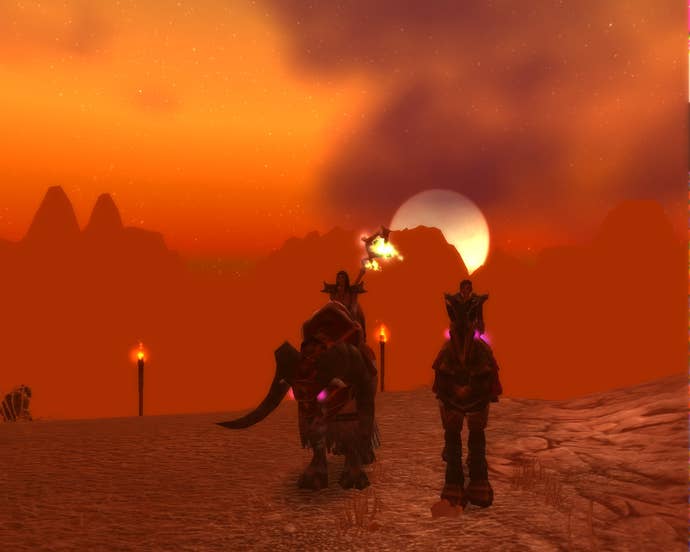
Jaz Rignall, Editor-at-Large
I don't have an article about my favorite comfort game that I can link to, since I haven't written one as of yet. The reason for that is that I don't really have older games I go back to. Perhaps fairly recent games – like Gran Turismo 6 for example – but I certainly wouldn't bother going back to playing GT3. It's not that I'm gaming through life using some kind of scorched Earth philosophy, it's just that the most interesting games to me are the latest ones. Old games are to be loved, and appreciated – but rarely played again.
There are a couple of games that have bucked that trend though, and both are MMOs that continually evolve over time, helping maintain my interest.
The first is Asheron's Call, which I played from 1999 to 2004. That was my first MMO, and it had a huge impact on me. It was a tough, harsh old-school game that had a dangerous world: some wrong steps and you could lose valuable gear and be seriously set back. This was a pain, but it also made for some great adventures, and some amazing body recoveries. Amazingly, the game is still around, and I checked it out last year. It's much the same, but unfortunately, I just couldn't quite recapture the old magic. It was fun taking a trip down memory lane, checking out my old haunts and whatnot – but I can't recapture the past, only remember it.
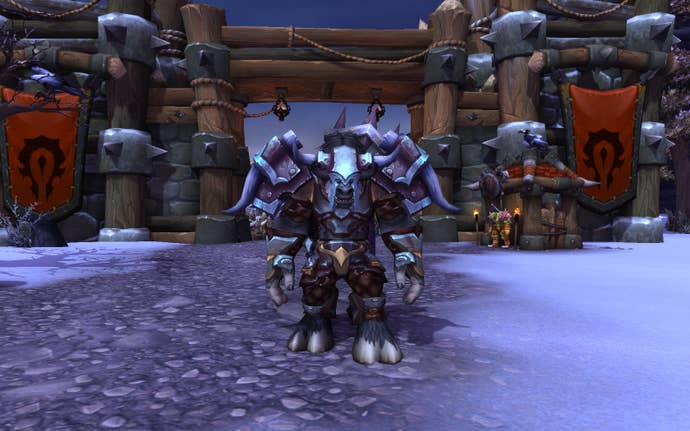
World of Warcraft is the other MMO game I've sunk countless hours into, ever since I logged in on day one and started playing. Almost a decade later, I'm still going strong thanks to the game's constant evolution and reinvention. At this point, I'm not sure if my affair with Blizzard's behemoth will weather the next expansion – which is taking the game in a direction that is disappointing me more than any other game has disappointed me – but when I finally fall out of love with WoW, I imagine I'll walk away from that too, never to return. Occasionally, maybe, just to spark a few old memories and the inevitable frustration that comes with it that I can't bring back the glory times of the past.
In my post-WoW gaming world, perhaps I'll find another MMO I can develop a long-term relationship with. I do hope so, because that's where my gaming "comfort" comes from. Without it, I'd feel a bit lost. Devoid of that go-to game that I can always log on to play that makes me happy – or at least comfortable. Like an old pair of gaming slippers that fits perfectly.
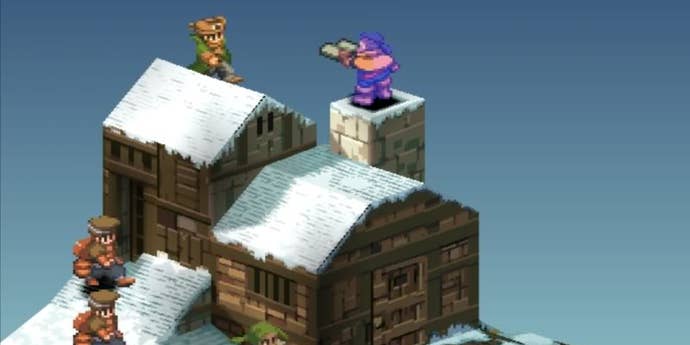
Mike Williams, Associate Editor
Way back in 1998, I got my hands on a disc for Final Fantasy Tactics. I was young, I had tons of free time, and it said "Final Fantasy" on the cover. Worst case scenario, I returned the game, best case I got a couple of hours enjoyment out of it.
That's the beginning of my long-held affection for Final Fantasy Tactics...
If you're unaware of the plot of Final Fantasy Tactics, here's a quick recap. Young Ramza Beoulve is of noble birth in the world of Ivalice. He and his best friend, the commoner Delita Heiral, get wrapped up in the ongoing War of the Lions currently tearing the world apart. Two sides are vying for the crown: Prince Goltana of the Black Lion and Prince Larg of the White Lion. In-between the overall conflict Ramza and Delita have to deal with each other, soldiers and mercenaries, questions of class and morality, betrayal, and even a bit of religion. It's that stuff that people are eating up in Game of Thrones on HBO now.
Prior to Tactics, I had never played a game like this at all. I'd never touched strategy games and certainly not Tactics games; Tactics Ogre hit American shores around the same time and while I had seen a friend play Shining Force, I'd never picked up the controller myself. I was learning about the entire tactical RPG genre as I was playing.
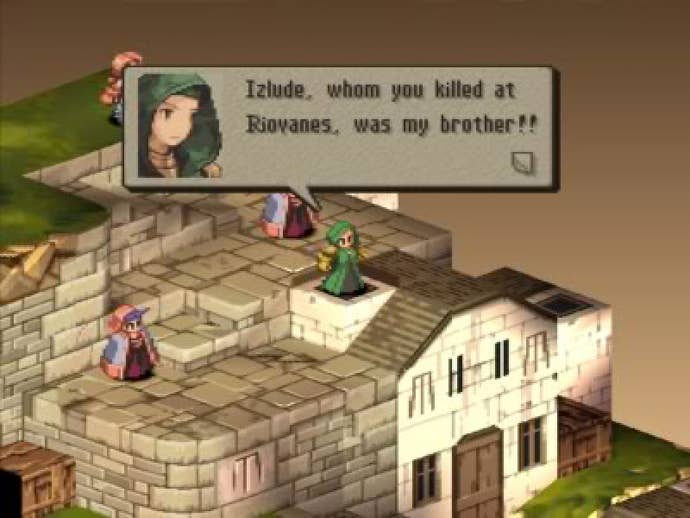
The rest of the article continues here...
Additional favorite comfort games:
Mega Man 2
World of Warcraft
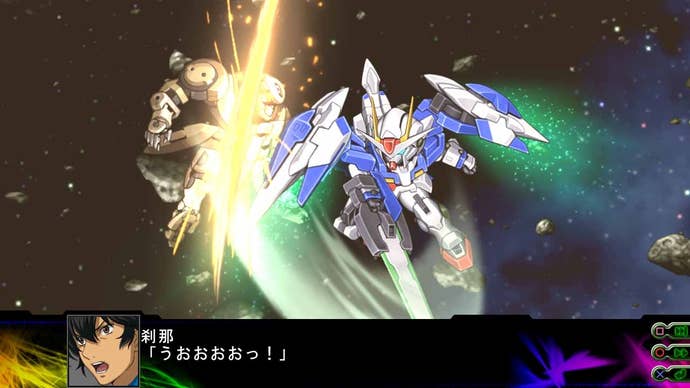
Kat Bailey, Senior Editor
Alright Star Wars fans, we're less than a year away from Star Wars Episode VII. EA is almost certainly showing something at E3. What if I were to tell you that they would be showing an RPG that gives you access to every major character from the Star Wars universe? And that it would cover the events of the new and old trilogies, complete with branching paths and unlockable units? Oh, and that it would make the prequels palatable?
Obviously, such a thing would never happen (ha ha... sigh), but that's the closest I can come to putting the appeal of Super Robot Wars into terms that western gamers can really understand. It's too simple to call it a love letter or an ode to mecha. In its own way, Super Robot Wars takes the spirit of a specific part of Japanese geek culture-mecha anime-and encodes it directly into a game. I'll be honest-there's not a lot like it on either side of the ocean. Of course, like many good things in the gaming industry, it tends to trapped in a cycle of questionable publishing practices; but ignoring the annual franchise component and the rampant sequelization, there's a purity to the love put into these games that pulls me back in time and again.
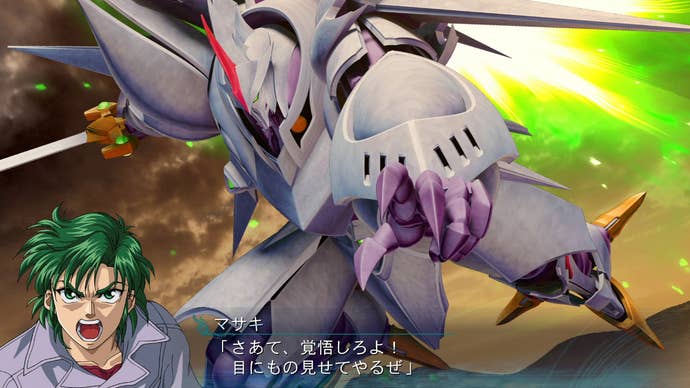
Its origins are on the original Game Boy, where a mostly unknown studio called Winkysoft published a tactical RPG featuring units from Mobile Suit Gundam, Mazinger, and Getter Robo-three shows that comprise the basic pillars of mecha. Even for the time, it was simple. Though the mechs themselves were rendered using large, attractive art assets, the animation was mostly static. There were no original generation units either - a staple in later games. Still, it managed to catch on with a significant enough audience to warrant a sequel on the Famicom, and the franchise that would ultimately comprise more than two dozen games was off and running.
The rest of the article continues here...
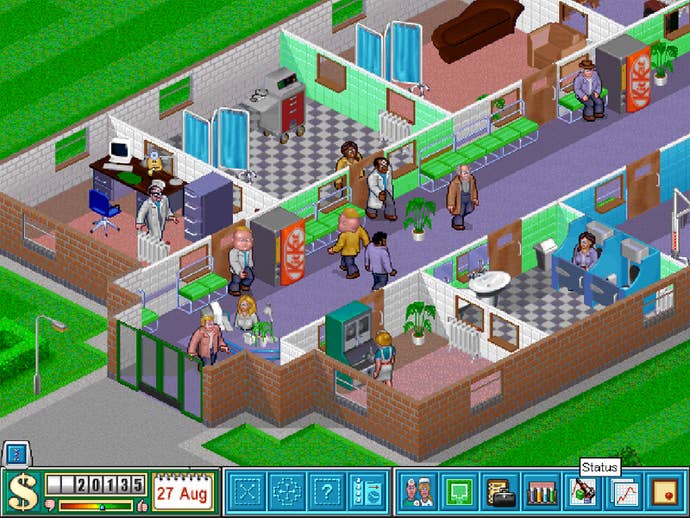
Bob Mackey, Senior Writer
It might be hard to believe Peter Molyneux once ruled the PC gaming scene. But, throughout the late '80s to late '90s, his development studio, Bullfrog Productions, released a succession of amazing games with completely unexpected premises-before being absorbed by EA and withering away. (We really should have seen that one coming.)
Before Molyneux moved on to bigger, but not necessarily better things, Bullfrog took advantage of the sim-mania sparked by SimCity and SimCity 2000 by releasing their own interpretations of Maxis' idea-except with a little more whimsy.
And these games couldn't have found a better audience than me, the kid who wanted a Super Nintendo for SimCity alone. I didn't have ready access to a PC until 1996, though, and by that time, the CMS (construction and management simulation) genre-along with adventure games and first-person-shooters-defined the computer gaming experience as something altogether different than consoles. So I did the best I could to soak up so many of the experiences I missed in my Nintendo-driven days.
Of course, I played and loved both Dungeon Keeper and Theme Park, but the Bullfrog production that stuck with me most would have to be Theme Hospital. To be honest, Dungeon Keeper feels like the best of Bullfrog's legacy, but Theme Hospital has an addictive quality that pokes at the pleasure centers of my brain like no one's business.
Also, astonishingly, Theme Hospital marks the first Bullfrog Production after the departure of Peter Molyneux, who left after Keeper to form Lionhead Studios, which would make us all shrug collectively in 2001 with the ambitious failure, Black and White. Yet, even without this visionary at the helm, Theme Hospital retains the same endorphin-releasing gameplay loops that quickly turn one-hour sessions with Bullfrog games into all-day marathons.
The rest of the article continues here...
